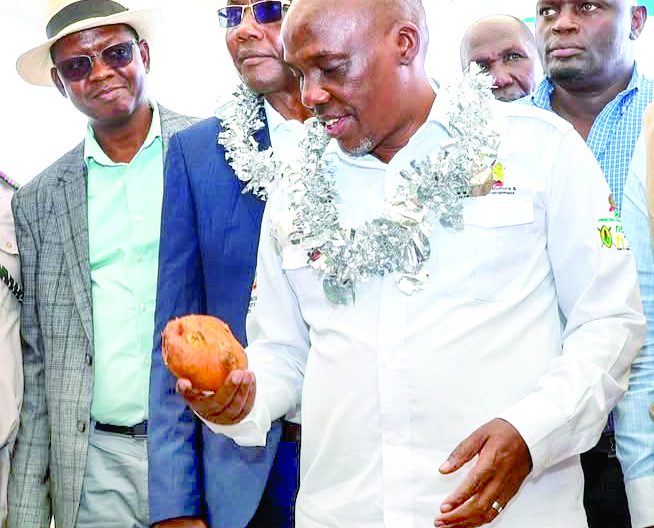Gender activists, media partner to fight GBV
By Viola Kosome, November 7, 2021Gender officers in more than 30 counties are seeking ways to strengthen relationships with the media to ensure that key gender concerns are highlighted effectively.
The move is part of the efforts to push for changes and improvements in addressing the rising cases of Gender Based Violence as well as other social issues.
Speaking during a training on an online training organized by Journalists for Human Rights (JHR), the officers lauded the media for its contribution in highlighting gender issues in the society.
Their sentiments come at a time when debates on GBV cases including the recent killings of old women in Kisii on allegations of witchcraft continue to dominate public debates on gender issues.
The officers claimed that the media has been playing an instrumental role in promoting the protection of rights of women and children in societies.
According to Pauline Petro, the county director of gender Trans-Nzoia county, local radio stations have been key in advocacy in the region.
“The media has been very supportive for us in highlighting various gender issues in Trans-Nzoia county,” she said.
She noted that strengthening relationships with the fourth estate was crucial in ensuring that the gender issues taking place in societies are highlighted to the public.
The officer also challenged journalists to ensure that their reporting is accurate to advance objectively gender issues.
Among the key areas of concern the officers identified as among the areas that should be given priority includes the issue of GBV.
A number of gender officers who spoke during the training said that there is a need for concerted efforts between several stakeholders including the media to push for an end to such vices.
“Issues of GBV can be addressed if journalists also go out of their way to report the issues in-depth,” said Petro.
Others who spoke during the training also emphasized on the need to incorporate technology to address the various gender issues taking place in the society.
The technologies which include apps, they claimed can be instrumental in helping journalists to easily access data on GBV cases in their respective regions.
They lauded media houses for prioritizing gender issues through the creation of gender desks as well as providing space in newspapers to highlight some of the stories on gender issues taking place in societies.
One of the gender officers from the coastal region however challenged journalists not to rush with some of the stories without digging deep on the root cause of some of them.
“Some of the GBV cases arise from other societal issues such as land issues. It is important to understand some of the causes before reaching a conclusion,” said the officer.
Sammy Muraraya, a project manager at JHR challenged the officers to build relationships with journalists in order to share information with them.
“It is important that you also reach out to journalists and share your contacts with them,” he said.
More Articles

